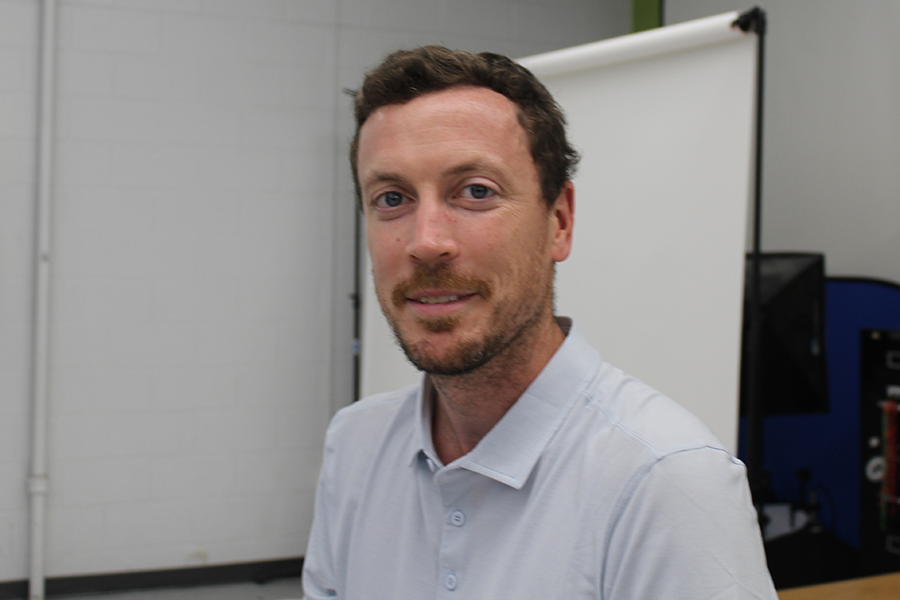Revolutionary Science: Gene Modifications
Is the science world moving too quickly by editing the genes of humans, or has the time come?
February 7, 2019
In recent years, CRISPR, a gene editing technology that can make specific changes to the DNA of plants and animals, has grown into a technology that allows for absolute precision in the process of changing any stretch of DNA in a genome. The technology can be compared to what we have all done daily in our life- deleting, adding, and editing a google document. However what happened in China early last November was much more significant than a Google document. It was a baby.
Although CRISPR is a monumental advancement for science and holds a lot of promise for the future, more needs to be researched and looked at before it can be implemented on humans.
A scientist in China by the name of He Jiankui edited the gene of human embryos and implanted them in the mother’s womb, resulting in the birth of genetically modified twins around 10 months later. Everyone he had talked to -which was not many people- had advised him against it. Jiankui has been characterized as a rich man with a huge ego who wanted to be the first, even though he knew about the guidelines not to implant genetically altered embryos. After announcing his breakthrough of using CRISPR to locate and target the gene that carries the HIV virus in the embryos, making the babies resistant to that virus and able to fight if off he got many threats leaving him in the shadows from early December until early January. Theoretically, the science technology is incredible that it is able to target sickness and offer solutions to problems that in medicine don’t currently exist. With no effective cure existing for HIV, and many other illnesses, CRISPR has endless potential. CRISPR wouldn’t just be curing the sickness, it would be completely preventing the sickness from ever beginning by editing it out of the embryos of humans.
As the Chinese authorities continue their investigation, He is most likely going to be locked up, fined, or punished as well as jeopardizing the future of the modified babies, who may have their fate and future reproduction controlled. However, one of the main problems with the research of He Jiankui is that not only did he mess with embryos of babies, ignoring the multitude of unknown genetic complications that could affect the children, but he did so behind the back of the science world, with not a single publication of his research. It caused him a lot of criticism considering the fact that he did not publish anything until the twins were born healthy, in Jiankui’s words “as healthy as any other baby.” If something had gone wrong with the babies, it would have never been known, as the research would have never been published.
The risks involved, all of the unknowns, and the ethical questions about altering humankind have been exposed and the fear about what can happen to future generations with altering genes is under threat now.
Although the technology of CRISPR may have been taken too far with implementing it on humans, and Jiankui has taken secretive steps that defy scientific standards, this begins a new chapter of the scientific world. Was it too quick, or is our science world ready to take on this scary, but revolutionary step in science?









